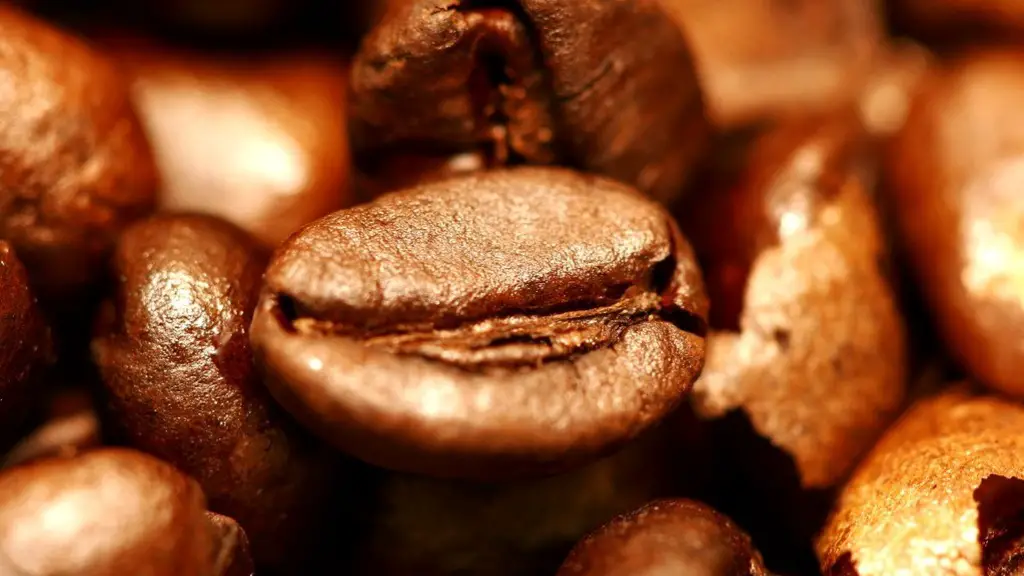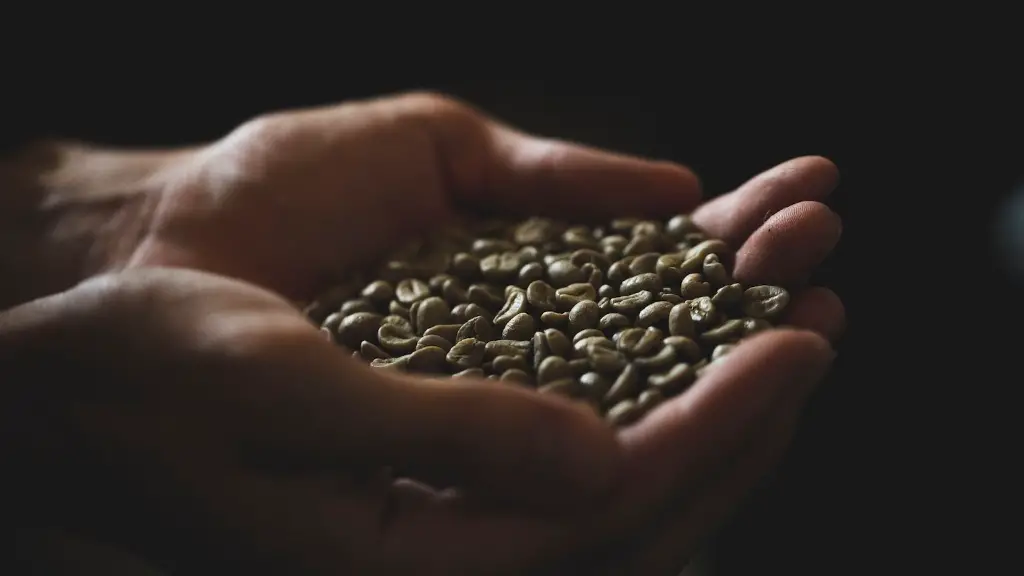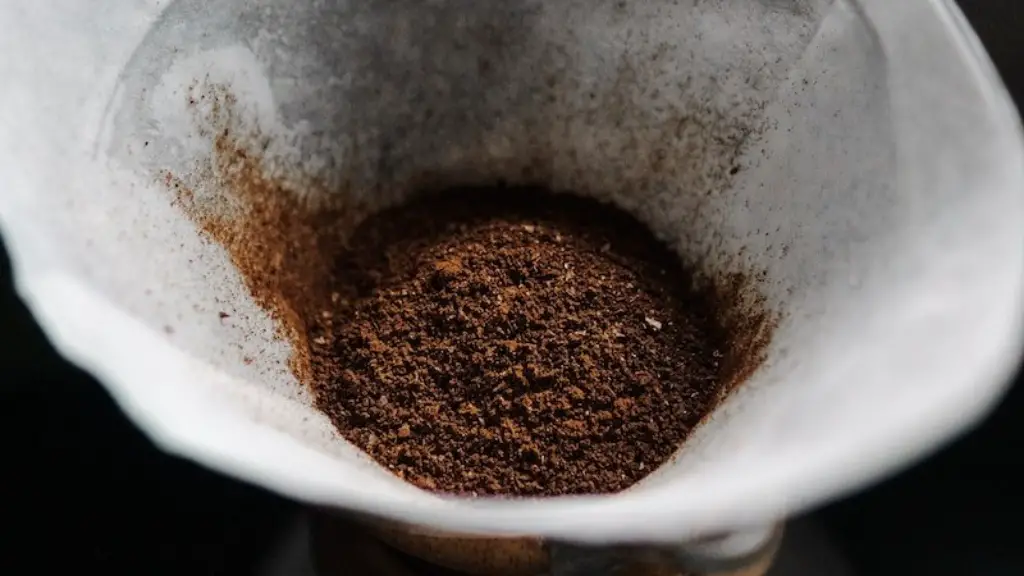Caffeine and Juice Cleanse: Compatible or Incompatible?
Having coffee while doing a cleanse is like playing a game of tug-of-war between taste buds and health. Some argue, it defeats the purpose of cleansing. On the other hand, it is argued that coffee might bring desirable results. Is coffee good or bad for a juice cleanse? What effect can it have? Let’s explore the possibilities.
Juice Cleanse: An Overview
A juice cleanse is made up of fruits and vegetables, which are blended and strained regularly to extract the juice. The idea is to drink only the extracted juice for a period of time, to eliminate toxins from the body, aid in weight loss, and to improve the digestive system. It is important to note that, without proper preparation and balanced nutrition, it might lead to loss of essential nutrients.
Can Coffee be Included in a Juice Cleanse?
The consensus among experts is that coffee, as such, is not part of a juice cleanse. Coffee isn’t considered a juice, because it lacks many of the essential nutrients and fiber that are key components of fresh juices. Failing to get needed nutrients can cause deficiencies and other health problems, especially over a long period of time. For the same reason, espresso, cappuccino, or cold brew feasts are not suitable during the cleanse.
Coffee and Its Effect on Juice Cleanse
Many people find it hard to do without coffee during the cleanse and might compromise by adding some to their routine. Sipping on a mild cup of coffee might provide enough energy to get through the day and rehydrate, but this is not ideal. The caffeine present in coffee can disturb the digestive system and make it difficult for the nutrients from the juice to be absorbed into the body. Additionally, coffee contains diuretics that might lead to dehydration and lack of electrolytes, which could cause severe headaches and fatigue.
Coffee Alternative During Cleansing
Though coffee is not a preferred drink during the juice cleanse, you could still opt for delicious alternatives that share similar flavor and texture – herbal or chicory coffee, matcha latte, single ingredient teas, caffeine-free rooibos, turmeric latte or golden milk. Alternatively, go the natural way and replace your morning cup of coffee with a glass of warm lemon water or lemon tea with added honey.
Tips to Maximize Benefits of Juice Cleaning
Primarily, it is important to be consistent with the cleanse. Additionally, make sure to get enough sleep every night, to hydrate properly, to drink plenty of green juice, and to fit in juice fasting days. It is also suggested to include some natural plant-based proteins and plenty of healthy fats. Supplementing with chlorella and spirulina can help as they are packed with micronutrients and can help replace important minerals.
Effect Of Caffeine On The Digestive System
Caffeine is known to influence the digestive system by speeding up the movements of the gut. It is suggested to avoid high doses of caffeine during a juice cleanse as it can lead to dehydration and an upset stomach. Additionally, the diuretic effect of caffeine can reduce the calcium and magnesium present in the body, leading to muscle cramps and fatigue.
However, a moderate consumption can aid the digestive system as it can help in releasing digestive juices that help break down food. A few studies suggest that caffeine can also reduce the symptoms of IBS (Irritable Bowel Syndrome).
Benefits Of Caffeine Intake
Caffeine bears many health benefits, particularly when consumed in moderation. Studies have associated moderate caffeine intake with a decreased risk of heart disease, stroke, and diabetes. Additionally, caffeine is known to improve cognitive functions and can serve as a pre-workout dose. The stimulating effects of caffeine can also help improve mood and reduce the risk of depression.
Final Thoughts
Overall, to maximize the benefits of a juice cleanse and to minimize any negative side effects, it is best to not consume any coffee during the cleanse. However, if avoiding coffee is near impossible, it is advised to consume it in moderate doses. Additionally, opt for coffee alternatives that lack caffeine and focus more on the flavor and texture.
The Detoxifying Benefits Of A Juice Cleanse
Juice cleansing can help detox the body by aiding in reducing weight and increasing energy. Additionally, it can help reduce stress and aid in flushing out toxins from the body that accumulated over time due to unhealthy food habits.
For maximum performance, some experts suggest to include herbs and superfoods as supplements. These can help replenish the body’s active constitution and restore balance to the internal ecosystem. Ingredients like turmeric, ginger, peppermint, matcha or ashwagandha can help flush out toxins and reduce inflammation.
It is also recommended to incorporate adaptogenic root powders like ginseng, maca or licorice which can help improve energy, digestion, and adrenal function. Adding such supplements can help boost the effects of the juice cleanse.
How Juice Cleanses Can Promote Weight Loss
Juice cleanses are known to help with weight loss. This is mainly because juice cleanses can help reduce cravings and hunger as most of the fruit and vegetable juices are high in fiber and low in calories. A study found that consuming freshly extracted juice reduced hunger and cravings, leading to decreased caloric intake and overall weight loss.
Additionally, when the digestive system is given a break, more energy is freed up, allowing for more active pursuits that help to reduce weight. For example, one can pair the juice cleanse with a light exercise routine, like walking or yoga. Together, this can help improve the body’s metabolism, aiding in weight loss.
The Role Of Juices In A Juice Cleanse
Including a variety of juices is important while doing a cleanse. Several studies have indicated that drinking freshly extracted juices can be beneficial in providing the body with essential nutrients – antioxidants, enzymes and vitamins. All these are known to be beneficial in preventing free-radical damage, reducing inflammation and improving circulation.
Depending on an individual’s goals, they can opt for different types of juices that are high in antioxidants and nutrients. Juices like celery, kale, spinach, pineapple, ginger, beetroot and apples have multiple benefits and can help boost the effects of the juice cleanse.
Stimulants To Avoid While Juice Cleansing
It is important to follow the guidelines of the juice cleanse to help limit any cravings and stimulants like sugar, diet sodas, white flour and other processed items. Alternatives like stevia, natural sweeteners, plain sparkling water and homemade juices might also be wise to avoid.
Additionally, it is advised to avoid alcohol and tobacco – both of which can increase oxidative stress, leading to inflammation and weakened immunity. The same is true for other stimulants like tea, coffee, and energy drinks that contain added caffeine, unnatural coloring and preservatives.
Who Might Benefit From Juice Cleansing
Juice cleanses can be helpful in aiding with weight loss, boosting energy and aiding digestion. Any individual who wishes to incorporate a healthier lifestyle or to reset their diet might benefit from a juice cleanse.
Moreover, those who struggle with digestive issues and inflammatory diseases might find the cleaning benefits of juice beneficial. Similarly, individuals suffering from bloating and abdominal pain can benefit from it.
However, it is advisable to consult with a nutrition coach or certified nutrition professional rather than trying it with minimal knowledge. Additionally, pregnant and nursing mothers are strongly recommended not to do a juice cleanse, as it might not provide enough nutrition for them and the baby.



